Mental health issues? Where to get help
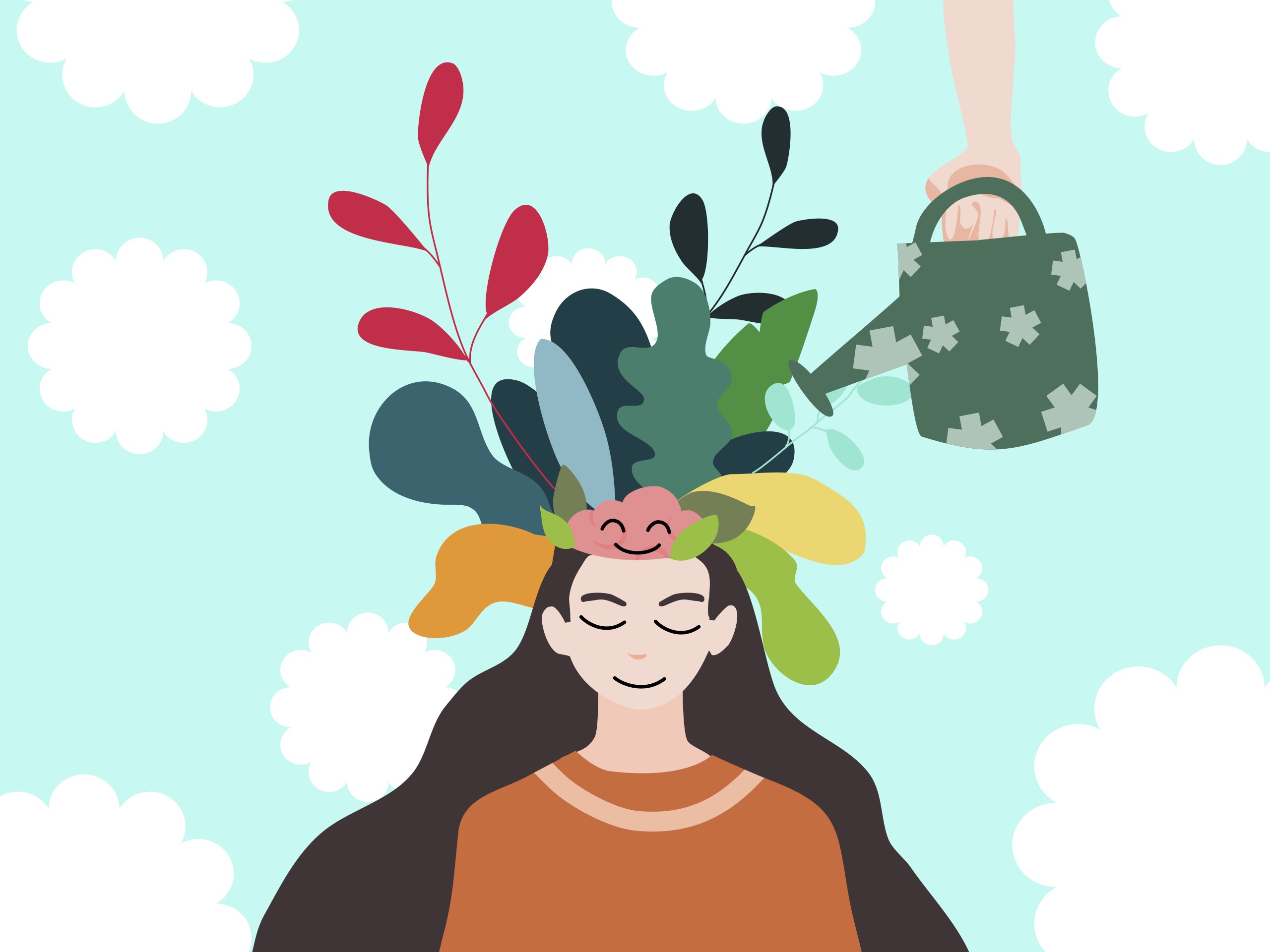
Illustration: Shutterstock
If you have mental health issues or personal problems, CBS can help. If you have a chronic mental health problem, you can receive help through the SPS programme. For personal problems, you can team up with a mentor through the CBS mentor programme or talk to the campus pastor, who is happy to help regardless of religion.
Mental health issues can be serious but need not always interfere with your studies. There are several ways to get help at CBS depending on the severity of your problems.
If you have been diagnosed with a chronic mental health issue such as ADHD, anxiety or autism, the Special Pedagogical Support (SPS) programme helps students with chronic health issues, both physical and mental, as well as with problems such as dyslexia.
The SPS programme can, for example, provide a mentor who can help you organise your day. This is usually a fellow student, not necessarily from your own study field but another CBS student.
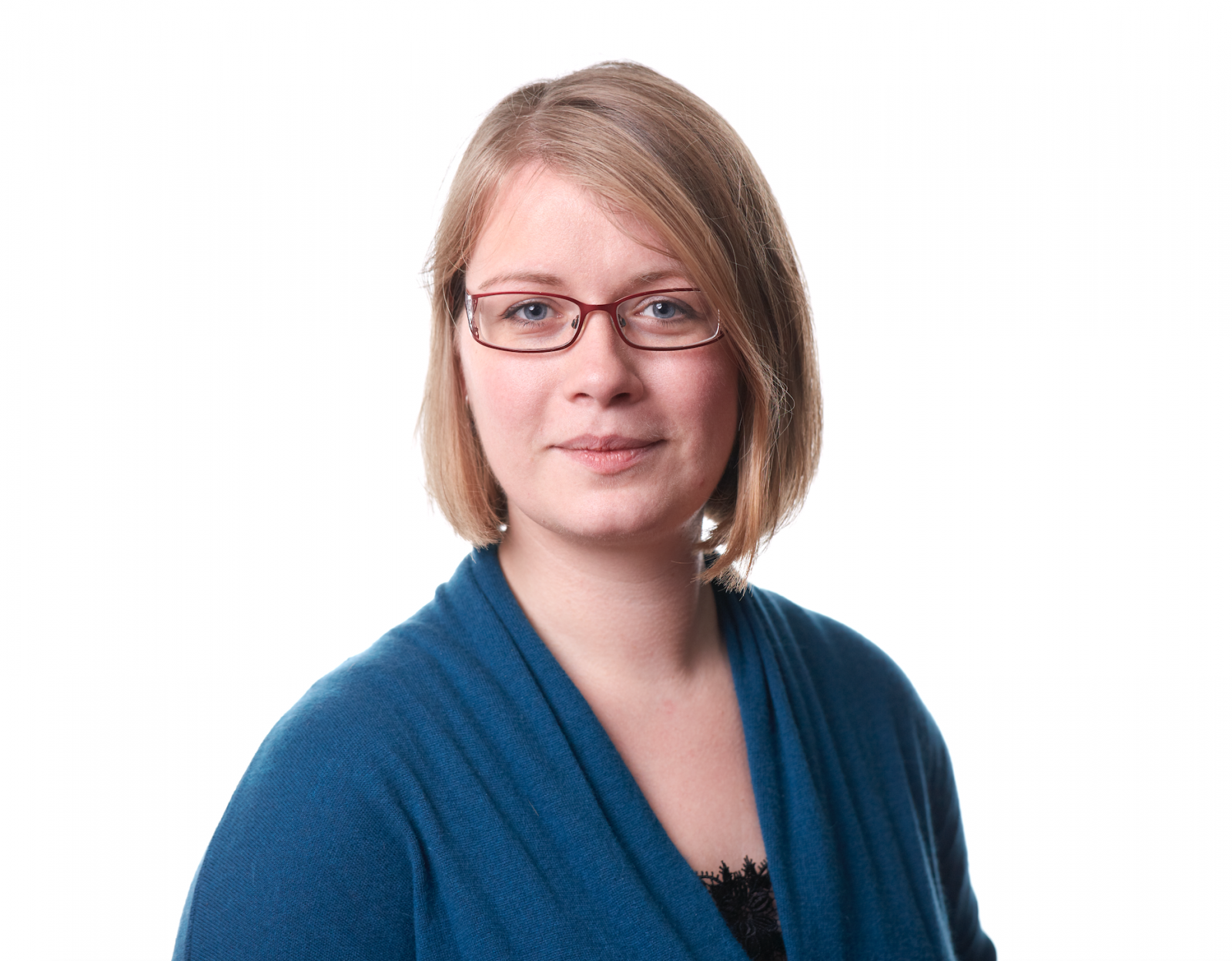
“The SPS programme aims to put students with chronic health issues on an equal footing with other students. In recent years, I feel we have seen an increase in both students needing help through the SPS programme, but also needing help in general. As a guidance counsellor, I have a lot of heavy conversations,” says Birgitte Saxtorph, Guidance Counsellor at CBS.
She recommends that you speak to a student guidance counsellor regardless of whether or not your mental health issues are classified as chronic.
In this way, you can get dispensation to take time out from your studies to deal with your problems.
Mentors help with professional and personal dilemmas
If you need help with more personal issues, another option is to reach out to the CBS mentor programme. The mentors are former CBS students who help current students. The programme started in 2016 providing students with advice on career paths.
But in recent years, increasing numbers of students have been asking for mentors to also help with personal dilemmas.
“More and more students mention in their applications that they are not feeling well mentally: they are stressed, have been on sick leave or the like and are looking for mentors to help them deal with those issues,” says Berit Jebjerg, a career counsellor at the mentor programme. She adds that she is very impressed by students’ honesty and is pleased to see them seeking help.
When a mentor and mentee are paired, the career counsellors at the mentor programme are always looking for the best possible fit.
What is the mentee looking for, and what does the mentor feel he or she can help with?
“We receive a lot of feedback stating that the mentees feel they have found someone who understands them and their issues. Personal dilemmas do not necessarily have to be mental health issues; we also have students who are the first in their families to attend university or who are looking for role models,” says Berit Jebjerg.
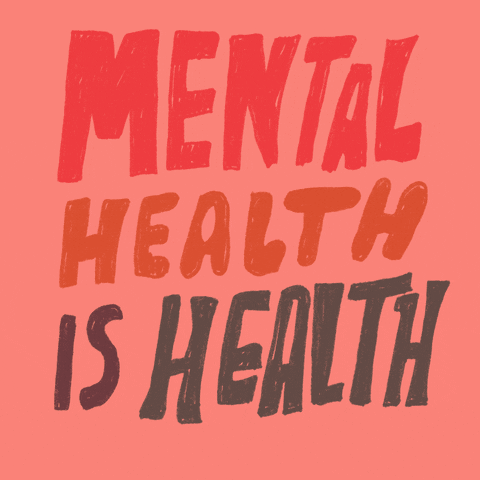
If you would like to speak to one of the about 180 mentors, you can be matched either in one-on-one mentoring or as part of a group.
The aim is for mentors and mentees to meet four times – either online or in person – but many meet up more often.
Campus pastors help with problems, regardless of religion
If you require help here and now, another option is to contact Campus Pastor Charlotte Cappi Grunnet.
As pastor of the church of Sankt Thomas in Frederiksberg, she is one of two campus pastors covering all the students in Frederiksberg.
“We don’t have a waiting list, so if you need someone to talk to now, we are open. No matter your problem or religious standing. When we talk it’s not a religious talk but more of an existential one about your problems. Not necessarily to find a solution, I believe problems and difficulties are a part of life, but because it helps to talk to someone,” says Campus Pastor Charlotte Cappi Grunnet.
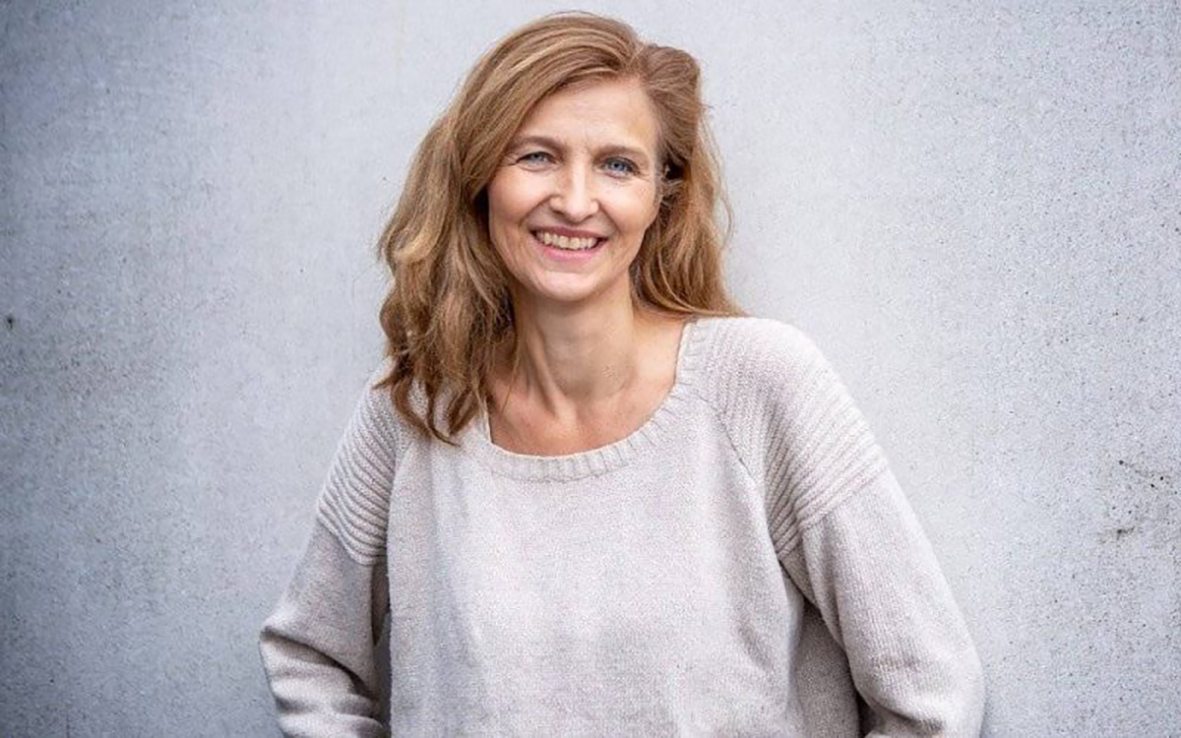
She sees both Danish and international students who are dealing with a variety of problems.
Mental health issues, stress, performance expectations, loneliness, dealing with the loss of a loved one, a break-up or figuring out your sexuality to name a few.
She advises students who have serious problems, such as eating disorders, to get additional help, but otherwise it is up to the students if they want that.
“Sometimes additional help like talking to a coach or a psychologist can be useful. What I offer is a conversation on equal terms. We are not looking for a diagnosis or a way to make the problem go away, but a way to be in the situation and what you can do under those circumstances: Life is both sorrow and happiness,” says Charlotte Cappi Grunnet.
Talking to the campus pastors is free and you can have as many conversations with the pastors as you like.


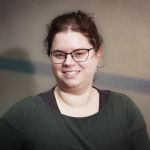

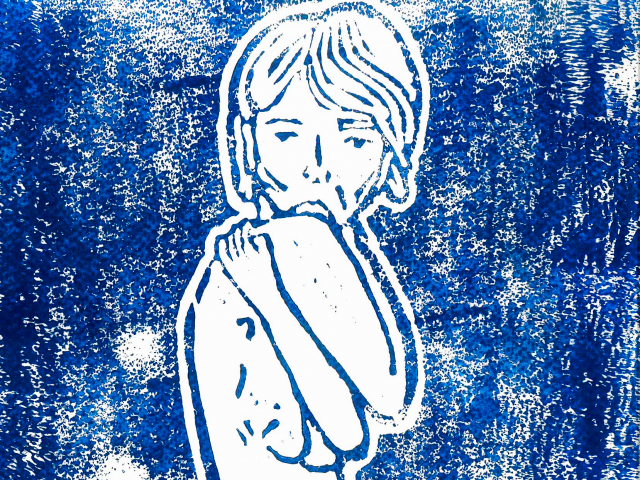

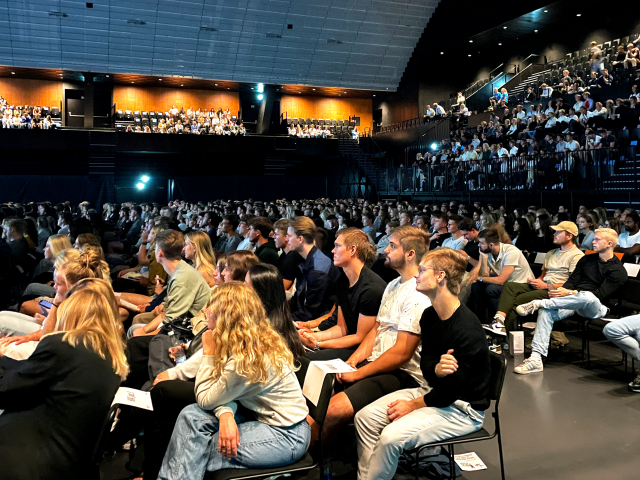

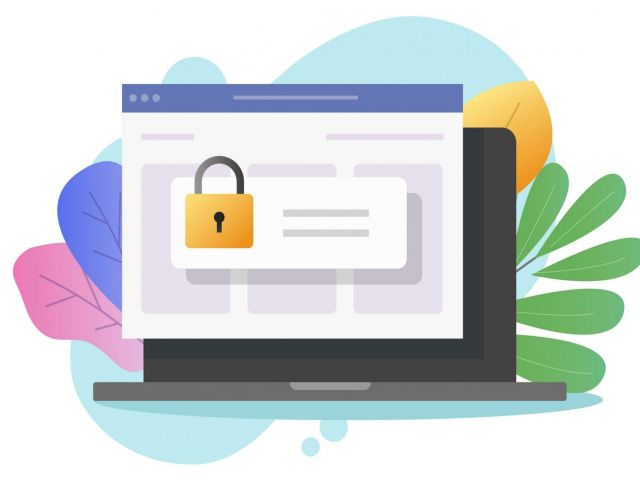




























































































































Comments